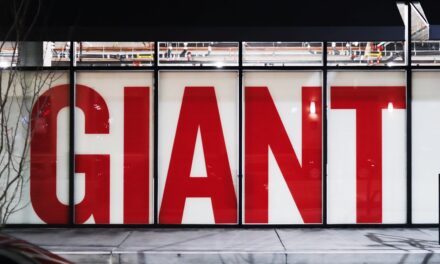In a COVID world, digital campaigning has never been more important, as was demonstrated in the recent local elections. Whilst social platforms did not paint the whole picture, they became an important arena in sharing key messages and promoting candidates.
Although digital campaigning plays a key role in the weeks and days leading up to the election, they play an even more crucial role over a longer period. Councillors and candidates should be present in the online space and engage with their communities. Building up a digital profile in your area allows candidates to raise awareness of who they are, what they are doing and what they believe in. It also enables them to provide support and share information with the people they are seeking to represent. This was particularly important during the pandemic, where Facebook was integral in communicating with residents. The idea of a virtual neighbourhood grew exponentially during the months of lockdown.
I have been a District Councillor for the past five years, and I would say I distinguish myself from other local representatives through my accessibility and proactiveness online. I try and be as available as possible to residents in my area, providing support, sharing information and signposting. As well as running my own personal social channels a few years ago I established a ‘Community Hub Group’ on Facebook which now has almost 2,000 members. This online community group is a forum for lively discussion, where residents can ask questions to their councillors and useful local information is shared. In addition to this group, I run a local Instagram page with well over a thousand followers, which also shares local information, as well as promoting local businesses.
Outside of social media, I write a weekly community newsletter covering my County Council division and the surrounding area, which is sent every Friday by email. I started this weekly mailer earlier this year and it now reaches around thousand people. This provides me with the opportunity to collaborate and support local businesses, organisations, and charities.
Beyond community engagement, which is essential for any local activists, there is also a vital role for online ‘peacetime campaigning.’ Local Political Parties and their representatives must keep in touch with residents all year round. Sharing good news stories and updates, as well as engaging with surveys to maintain a presence outside of election time. Outside of elections is the time to be increasing followership through sponsored posts and appealing content.
During an election campaign itself, social media is a great way to broadcast to the electorate. It also allows you to reach more people than you could purely through traditional methods of campaigning or where resources must be diverted elsewhere.
For myself, during my recent local election campaign, I tried to maintain positive campaign online, sharing messages of what I had achieved and what I hope to deliver in the future, as well as using social media to stoke momentum in my local campaign. Though, on occasion, I found social media to be an essential tool for setting the record straight in response to misleading claims being made by my political opponents. Whilst there are limitations (I don’t think Facebook will ever replace face-to-face canvassing) targeted posting enables you to reach some of your audience quickly and effectively.
Without a doubt, digital campaigning is here to stay! To be effective modern councillors or candidates you must be present and active in the online space. It enables representatives to serve their communities more effectively, whilst building up their own personal profile.
Holly Whitbread is the Conservative Essex County Councillor for Epping & Theydon Bois, and Epping Forest District Councillor for Epping Lindsey and Thornwood Common. You can follow Holly on Twitter at @HollyLWhitbread





